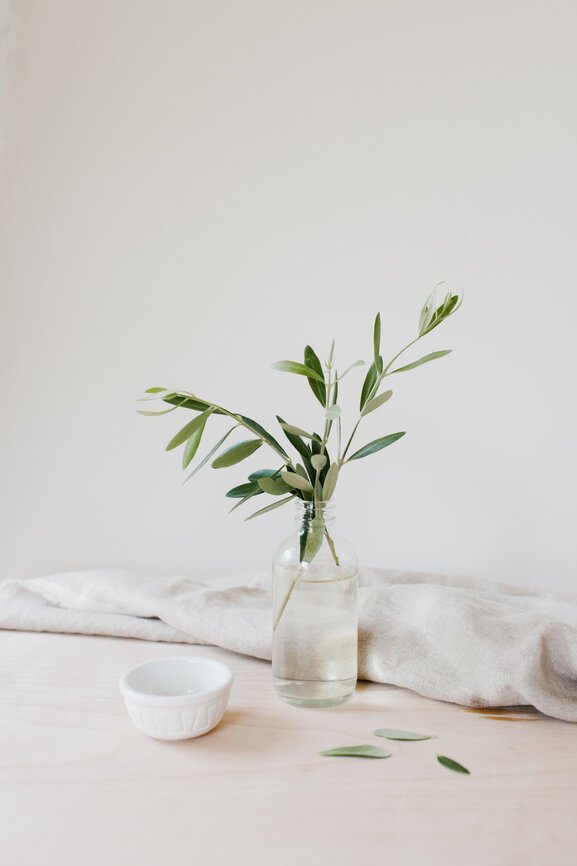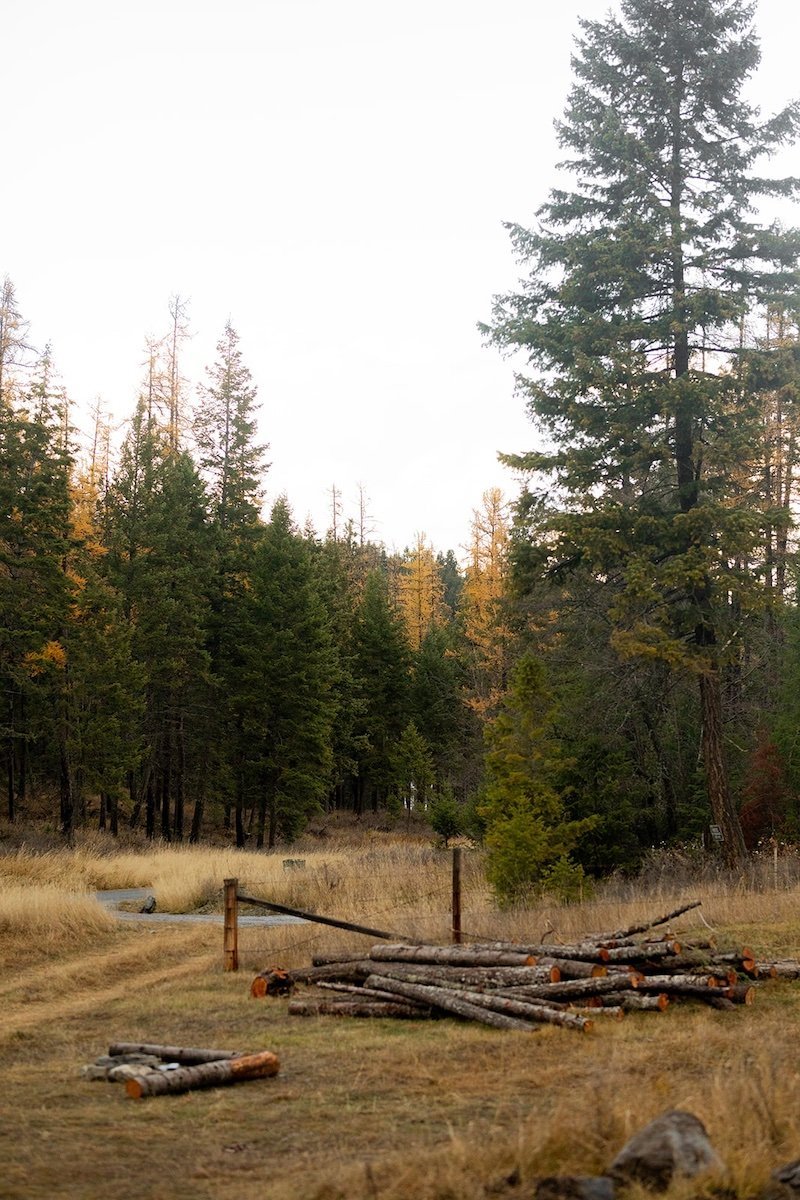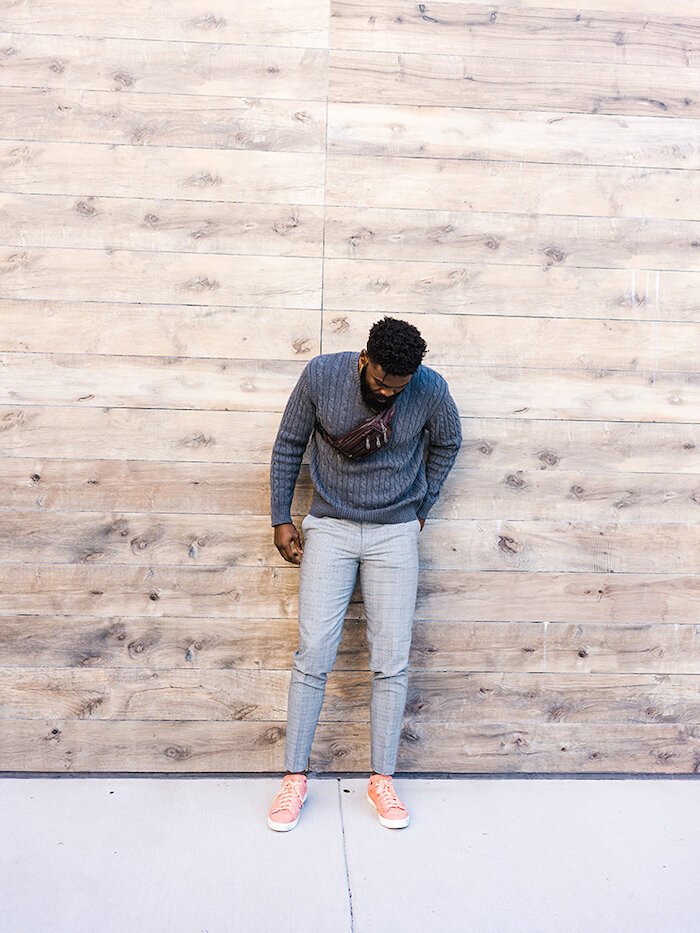
Why We Are Only Truly Feminist If We Are Also Antiracist
“No One Is Free Until We Are All Free.”
In the early ’60s, Malcolm X said that “[…] The most unprotected person in America is the Black Woman. The most neglected person in America is the Black woman.” What was true then, is still true today. Let me explain.
Historically, and as it stands today, Black women have found themselves at the intersection of two systems of oppression: patriarchy and white supremacy. Like our white sisters, Black women have been told we are the lesser of the genders. We have suffered the same oppressions, from not being allowed to vote, partake in politics, or get an education, to not being taken seriously when harassed or harmed.
“By excluding the unique challenges Black women face, the feminist movement has helped to uphold the system of white supremacy.”
But the patriarchy is white supremacy’s cousin. As Black women, we are also subject to the evil of racism and have been beaten, killed, and discriminated against for the color of our skin for as long as Anti-Black racism has existed.
And yet, for the longest time, Black women have disappeared from the narrative of justice. By excluding the unique challenges Black women face, the feminist movement has helped to uphold the system of white supremacy. If we want to see liberation, freedom, and rights for all, feminism must hold space for the experiences and realities of Black women.
“If we want to see liberation, freedom, and rights for all, feminism must hold space for the experiences and realities of Black women.”
What the feminist movement has historically overlooked
In the feminist movement of the ‘70s, we were told to stay back and wait. While certainly not all of the women leading the movement were actively racist, the message was that racism wasn’t the priority. Whether consciously or subconsciously, white middle class women who were driving the movement operated from a default ideology of white supremacy. The rights of women (read: white women) were at the center of the conversation and so we were told that if we just waited our turn, we could address the racism issue later. Or not at all.
The relationship between white and Black women is and has been complicated for so many reasons. Throughout slavery, Black women raised white women’s children. Later, during segregation, managing white women’s households was one of the few jobs Black women were allowed to have. This included cleaning their houses and—again—raising their children.
It has also been complicated because of the sexualization of Black women. White men, since the days of colonization and slavery, have sexualized and abused Black women. Instead of moving white women to compassion, this often stirred a false sense of competition and even hatred.
Today, decades later, the reality for Black women hasn’t changed much.
Kimberley Crenshaw, who coined and championed the term “intersectionality,” said that, “Where there’s no name for a problem you can’t see a problem, and when you can’t see a problem you pretty much can’t solve it.” And why wouldn’t a feminism that seeks to empower, liberate, and champion women care about the unique struggles Black women and girls face?
“Feminism still sees a white woman when it talks about the rights and freedoms that are to be gained.”
Could it be because the narrative of Black women has been erased for so long? And that, despite the terminology of intersectionality having been around since the late ‘80s, feminism still sees a white woman when it talks about the rights and freedoms that are to be gained?
Anti-racism must be a part of modern feminism
Like with antiracism, active and fully inclusive feminism must begin with the internal work of becoming antiracist. White women must recognize that while they have faced oppression, their Black sisters have faced a double portion, and until we are all free, none of us are truly free.
“If we can free Black women and dismantle not just patriarchy but white supremacy, we will all be free.”
I believe that if we can free Black women and dismantle not just patriarchy but white supremacy, we will all be free. And while this is not the subject of this article, I would be remiss not to acknowledge that this includes the LGBTQ+ community.
My plea to my white sisters is this: start fighting for Black women the way you fight for yourselves. As Dr. King said, “We are tied together in the single garment of destiny, caught in an inescapable network of mutuality. And whatever affects one directly affects all indirectly.”
Some ways in which you can start doing that include:
Listening and learning about the reality for Black women wherever you live.
Learn about the Black women (as young as 7 and as old as 93) who have been killed by police in the US over the years.
Learn about the Black girls missing from statistics about sexual abuse in the UK.
Let the reality that Black women are 5 times more likely to die during pregnancy, are detained 7 times more often, and have a mortality rate 4 times higher than their white counterparts move you into action.
Support organizations and movements that are specifically working in the space of Intersectionality. A great place to start is the #SayHerName campaign which is fighting to get justice for Black women and girls killed by the police.
Sign the petition to get Breonna Taylor’s killers arrested, write to the authorities, and continue to spread awareness about her case.
In short, become an antiracist feminist ally.
If we can dismantle white supremacy, we can tackle patriarchy. It is only when we address white supremacy as the source of all other systems of oppression that we will truly start seeing change. It is only then that we will, in fact, be able to rebuild our society in a way where gender, race, and all the other categories by which power structures are upheld, can no longer determine the outcome of a persons’ life.
This might sound idealistic and I am fully aware that this might not be something I will get to see in my lifetime. But that’s not a good enough reason not to try. So, for the sake of my beautiful Black nieces, the Black daughter I hope to one day have, and all the Black women who have suffered police brutality, humiliation and erasure, I will continue to speak up.
I hope you will stand with us.
Jess Mally is a London-based writer, speaker, creative, and producer. She is also the co-founder of BELOVD agency and the host of The Third Way podcast. With a passion for social change, mental health, the arts, and spirituality, she hopes to use any and all means available to her to tell stories that shape a better world. Follow her work on Instagram.




